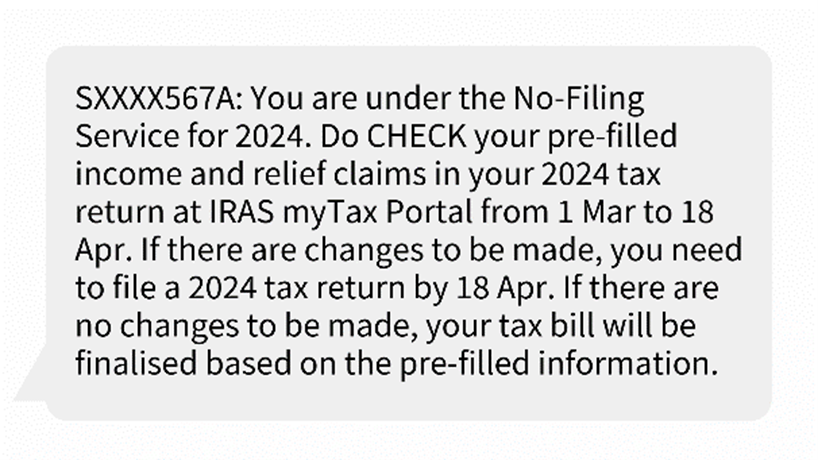Tax-filing mistakes to avoid for employees

Tax-filing for self-employed persons
As a self-employed with your own business, you work for yourself and are in the position to realise a business profit or loss. Your income is derived from the buying and selling of goods, or from providing professional or personal services.
Some examples of a self-employed person include:
- Baby-sitter
- Insurance agent
- Real estate agent
- Direct seller
- Freelancer (e.g. you receive fees for providing services as a delivery rider, consultant, graphic designer)
- Hawker (you are the owner of a hawker business or a food stall)
- Owner of a business that buys and sells goods and/ or services
- Owner of an online business (i.e. you buy and sell goods or provide services through the Internet)
- Owner of your own practice (e.g. accountant, architect, doctor, lawyer)
- Taxi driver/Private-hire car driver
- Private tutor (you look for your own students by yourself or through agencies and do not receive a salary from a tuition centre)
How to report self-employment income
If you derive self-employment income, you should report it in the ‘Trade, Business, Profession or Vocation’ section of your Income Tax Return.
This also applies to employee/retirees transitioning into self-employment (e.g. starting your own business after leaving your employment, begin providing independent consultancy services after retiring or turning your hobby into a home-based business) too.
Read more: Tax savings at a glance
Tax-filing mistakes to avoid for self-employed persons


Find out more: Tax Season 2025 - All you need to know
Need assistance in filing your taxes? Refer to the IRAS e-Filing Guide at go.gov.sg/efilingguide
![]()











